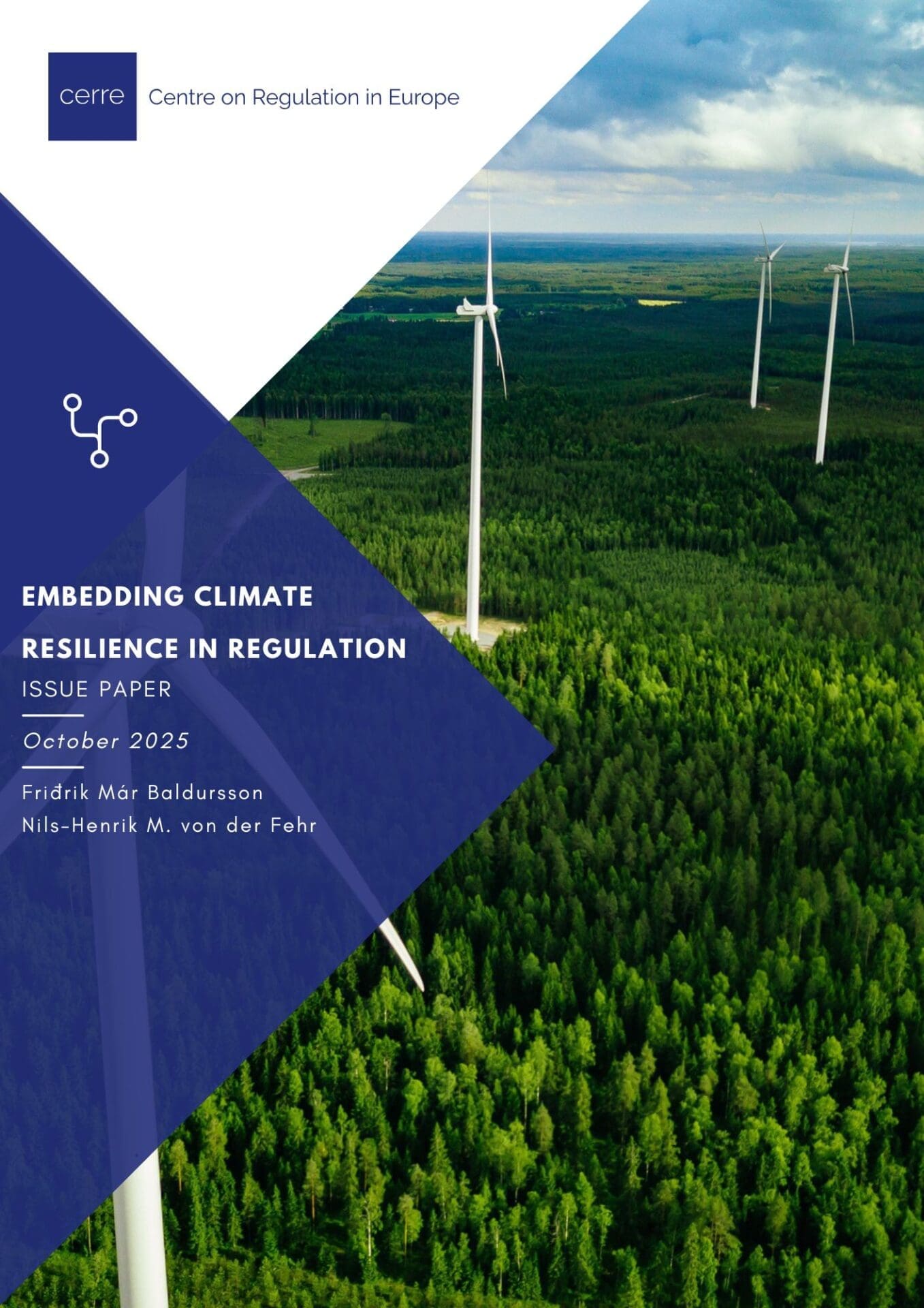and Reykjavik University
Friðrik Már Baldursson is a CERRE Research Fellow and Professor of Economics at the Reykjavik University Business School where he formerly served as the Dean.
He has extensive experience of economic analysis from a decade of service as Head of Economic Research and Managing Director at the National Economic Institute of Iceland as well as from various consultancy projects.
He has been active in public service in various roles, including the Supervisory Board of the Central Bank of Iceland. In October 2008, he led negotiations with the IMF on Iceland’s behalf.
Prof. Baldursson holds a PhD in Applied Statistics and Probability from Columbia University as well as an MSc in Economics.
Friðrik Már Baldursson is a CERRE Research Fellow and Professor of Economics at the Reykjavik University Business School where he formerly served as the Dean.
He has extensive experience of economic analysis from a decade of service as Head of Economic Research and Managing Director at the National Economic Institute of Iceland as well as from various consultancy projects.
He has been active in public service in various roles, including the Supervisory Board of the Central Bank of Iceland. In October 2008, he led negotiations with the IMF on Iceland’s behalf.
Prof. Baldursson holds a PhD in Applied Statistics and Probability from Columbia University as well as an MSc in Economics.




